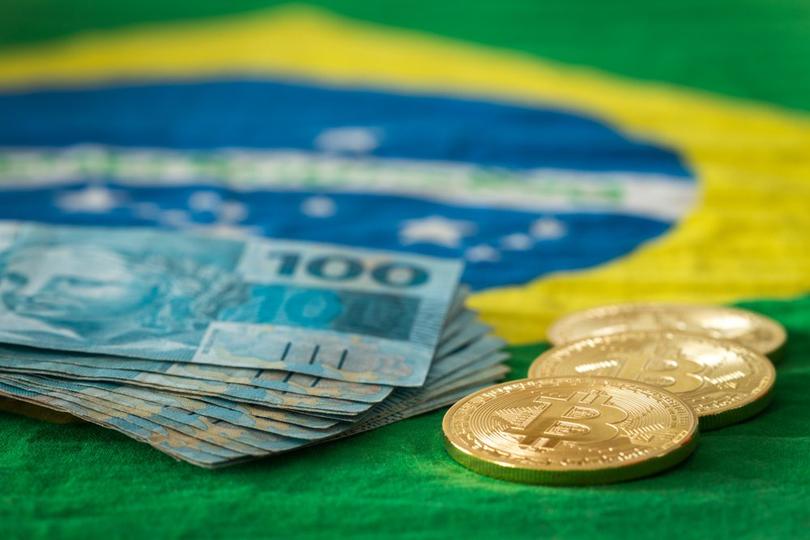Thai Extends VAT Exemption
Thailand has extended the VAT exemption for cryptocurrencies like Bitcoin. The new Royal Decree 788 took effect on 25 September 2024, and it continues the VAT exemptions for the transfer of digital tokens or cryptocurrencies through licensed dealers and brokers supervised by the Securities & Exchange Commission. This exemption will be applicable from 1 January 2024.
Digital investment tokens have been exempt since August 2023.
Thailand Falls in Line with the Rest of the World on VAT
The VAT treatment of cryptocurrencies varies significantly across major economies, reflecting differing views on their legal status:
- European Union (EU): The European Court of Justice ruled in 2015 that cryptocurrency exchange services are considered financial transactions and are exempt from VAT. Buying or selling cryptocurrencies is VAT-free, although services like mining or consulting may still be taxable. An EU VAT cryptocurrency review is currently underway.
- United Kingdom: The UK follows the EU’s VAT exemption for cryptocurrency transactions. While cryptocurrencies used as a payment method for goods or services are subject to VAT based on the underlying value, trading in crypto itself remains VAT-exempt.
- United States: The U.S. does not impose a federal VAT, but state-level sales tax may apply. Cryptocurrencies are treated as property, meaning using them for purchases could trigger capital gains tax, but not VAT. Sales tax may still apply to goods and services bought with cryptocurrency.
- Australia: Cryptocurrencies are treated as digital property. While transactions involving cryptocurrencies are typically GST-exempt (similar to VAT), businesses must charge GST on goods and services bought using crypto.
- Japan: Since 2017, Japan has exempted cryptocurrency transactions from consumption tax (its equivalent of VAT). Trading, buying, and selling cryptocurrencies are tax-free under Japanese consumption tax law.
- Singapore: Singapore considers cryptocurrencies as intangible property. Cryptocurrencies used as a payment method are exempt from GST (Goods and Services Tax), although GST may still apply to goods and services purchased using crypto based on their regular taxable value.
These policies showcase how various governments are adapting to the evolving role of cryptocurrencies in commerce.





Comments
Join Our Community
Sign up to share your thoughts, engage with others, and become part of our growing community.
No comments yet
Be the first to share your thoughts and start the conversation!